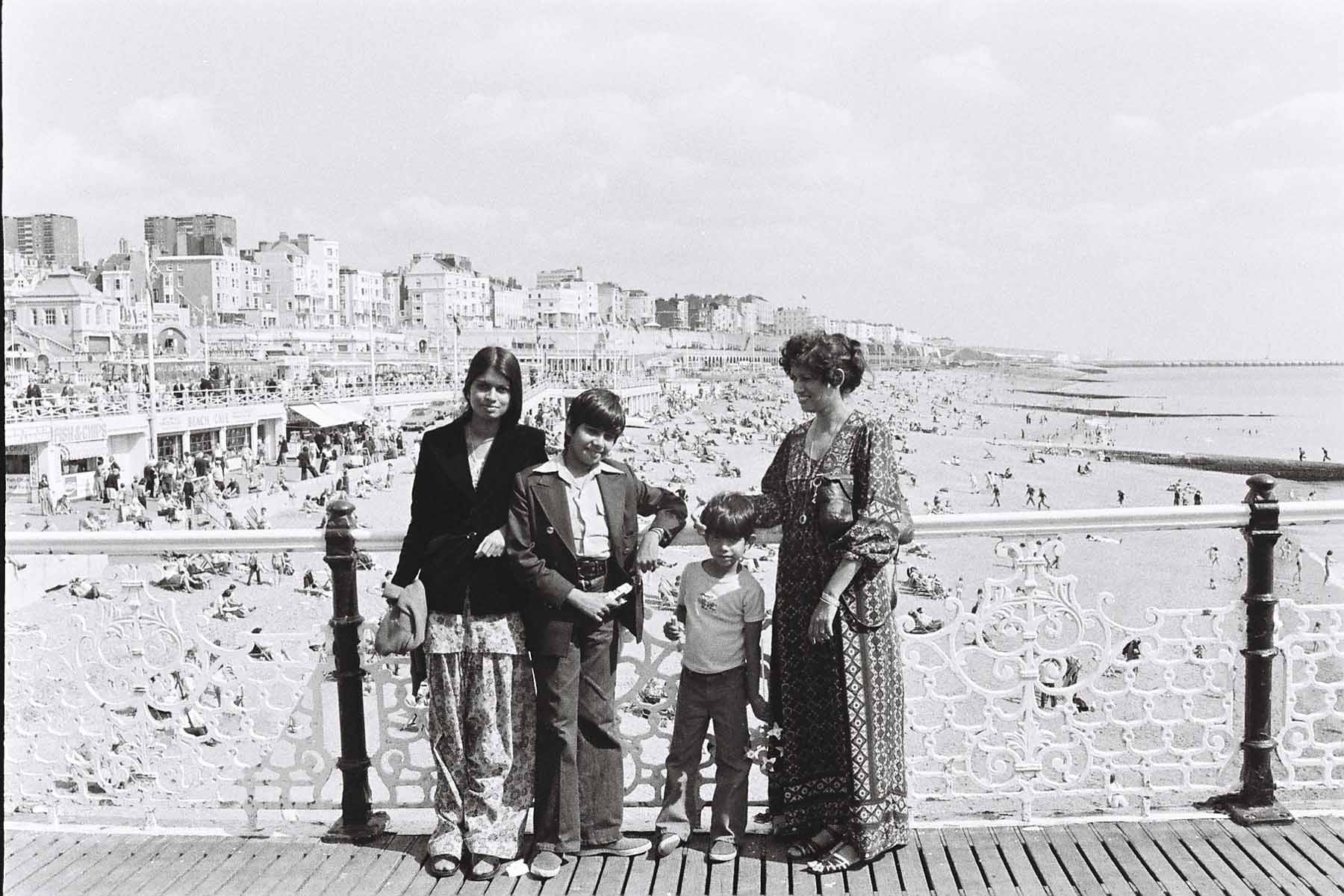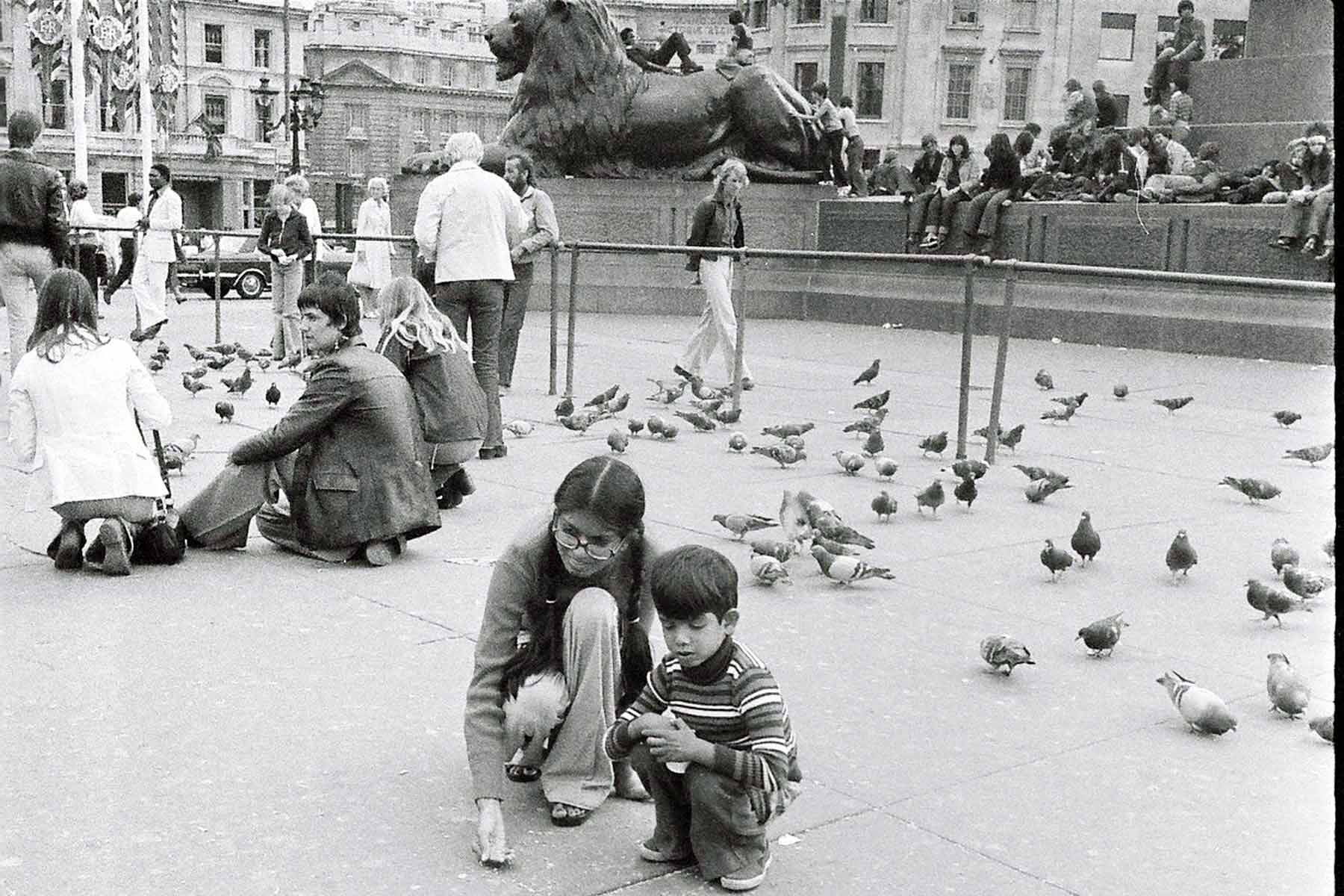Europe
My children complained that their friends had visited more countries than they had. So I flew with them to London, and got hold of a new Volkswagen Passat car to drive back to Pakistan by travelling through countries in Europe which people do not normally visit, like Andorra (situated in Pyreneese mountains between France and Spain). Liechtenstein, a German speaking country in Alps, between Switzerland and Austria, with the highest GDP per person in the world. Luxembourg (situated in dense Ardennes forest surrounded by Belgium, France and Germany). Monaco (home of Monte Carlo Casino and Formula One race, the Monaco Grand Prix held every year) and surrounded by France on three side and Mediterranean on fourth. San Marino, the oldest surviving sovereign state in the world founded in the 4th century located on Mount Titano in Italy. The Vatican (the smallest independent state in the world both in area and population, located within the city of Rome in Italy. It is the center of the Catholic Church and home of many incredible works of art. Thus making sure that none of their friends could say that they had visited more countries than them.
My son, Mihail, traced the roads; my daughter, Raeena, located the hotels, while I drove the car. In each city we took residence in the city centre, where we parked our car and then walked round the city and saw all the museums, churches and historical monuments. By the time we arrived in Paris after zigzagging all over Europe, my children were so tired that they just wanted to go home. We were discussing this sitting in a cafe on Champs Elysees, when a Pakistani lady working in her office across the road saw us, and came over to speak to us. We had not met her before but soon got to know that her father was a retired Pakistani military medical officer, her mother was Scottish; she had been educated in Germany, was working in an American firm in Paris and was divorced from her Greek husband.
I learned that she had driven to Pakistan a few years previously but as she was alone, she was too frightened to stop and see things on the way, and had kept on driving till she reached Pakistan in barely ten days. Therefore when she heard that my children were going to fly from Rome, and that from there onward I would be driving alone to Pakistan, she offered to accompany me, on condition that I would take her on the way to all the places where Alexander the Great had been. To this I countered that she must have no objection to my visiting any place of my choice on the way, and staying there for any length of time. We agreed to each other’s conditions, and I told her that as I did not know where I would be staying in Rome, after seeing my children off on a flight to Karachi, I would go to Rome’s railway station on a certain date. And if I found her there we would drive together to Pakistan. There were no mobile phones in those days.
A few weeks later after putting my children on a plane for Karachi, when I arrived at the Rome Railway station I found her there. Because of her, I saw a number of places associated with Alexander the great, which I would not otherwise have seen, like Pella, where Alexander was born, and the school where he studied under Aristotle. Similarly she did not object when I spent days sitting in the Acropolis, the cradle of art and democracy, and Plato’s academy which is the seat of western philosophy and science. Nor did she mind when I veered off in Turkey to see Troy, also the grave near Istanbul, of the world’s greatest general, Hannibal, master of double envelopment who had surprised Rome by taking his elephants over the Alps, to the Mazar of Maulana Rum in Konya, and to the grave of Emperor Babur and his son Daniyal in Kabul.
I was surprised to find seekh kabab, tikka and wine everywhere from Eastern Europe to Afghanistan under different names, except that in Eastern Europe and Turkey it was available on the roadside, whereas in Iran and Afghanistan wine was available only inside hotels. The same was true with coffee, which changed its name from Greek coffee to Turkish coffee but was the same everywhere, with more coffee powder than water in a small cup.
Turkey appeared to be quiet: but in fact a bitter struggle was taking place on the campus, where prominent professors would often change their rooms to escape being abducted, tortured and killed. However, Pakistanis were welcomed all over Turkey by people in general for their financial and professional help during the First World War.
The Shah had been ruling Iran with an iron hand since the overthrow of Mohammad Mosaddeq, through his secret police, the Savak, who arrested, tortured and executed his opponents. But now the USA had a president who was preaching human rights and permission for the Red Cross to inspect prisons. The Shah was visiting President Jimmy Carter, therefore the Savak had been told to ease off. In any case students who were agitating against co-education were laughed off by the Shah’s supporters, who did not consider it a popular issue that would be a threat to the regime. But visitors like us, who were mixing with people in the market place and in medium priced hotel could not help noticing that the revolution was looking for soft spots to exploit, and that some were daring enough to say that they were not afraid of the Savak. The elite in Iran were busy making money at the expense of the state. Therefore I was not surprised when I found diplomats from some Asian countries known to me from Oxford days, busy making deals with them on projects on which they allowed cuts to Iranian officials and profit to their fellow countrymen. Their equivalent in the Pakistan embassy was my old friend Akhtar Hasan Khan who was known for being correct, and whose wife was even more so being a daughter of Aziz Ahmed. When I suggested to them that they should benefit Pakistani businessmen and consultants by making similar deals with Iranian officials, they were horrified. They were more interested in using their tax-free diplomatic status to acquire the latest model Mercedes, and other branded household goods from Europe to take home with them on transfer.
Things appeared to be more stable in Afghanistan, as there was the silence of death in Kabul after the brutal killing of old royalty. Furthermore poverty pervaded, and portions of food especially meat in restaurants were smaller than in Turkey and Iran. Afghan people were secretly very friendly, and quite a few of them could speak Urdu and liked to converse with us in that language.
I had taken thousands of slides of my visit, which I gave to a famous studio in Karachi to develop. However they thought they were colour negative films and spoiled them.
When the Shah was toppled and left Iran, one of his favourite architects, Nader Ardalan, was in Pakistan attending a conference. He could not go back to Iran, therefore he moved to our house and stayed with us, trying to find some ray of hope in astrology, through which he endeavored to see his future and that of the regime - at the same time trying to persuade his family to leave Iran. But his American wife, who was the author of a famous work on spirituality in Islamic architecture, had joined the revolution, and only allowed their son and daughter to come to Karachi to meet him. His daughter agreed to go with him to the USA, but his young son shouted, ‘Marg ber America (Death to America)’, and went back to Iran by the next plane to be with his mother and the revolution.


